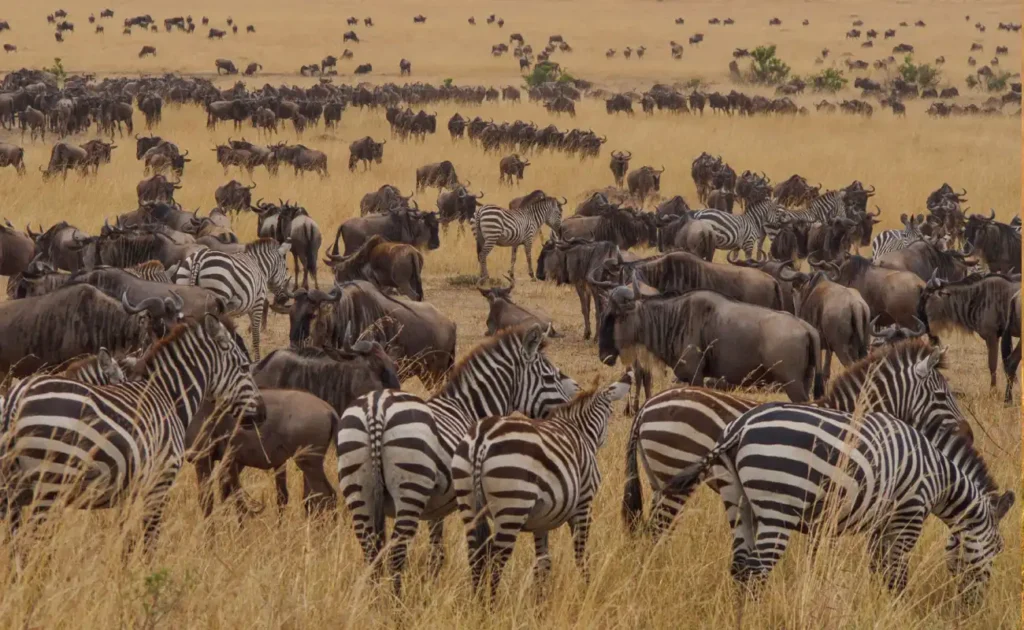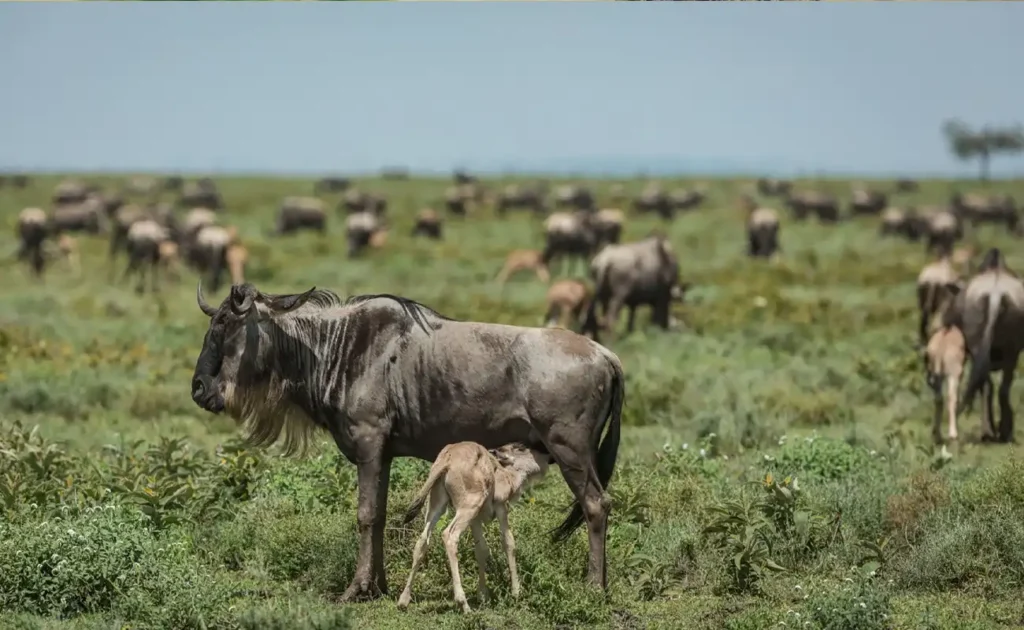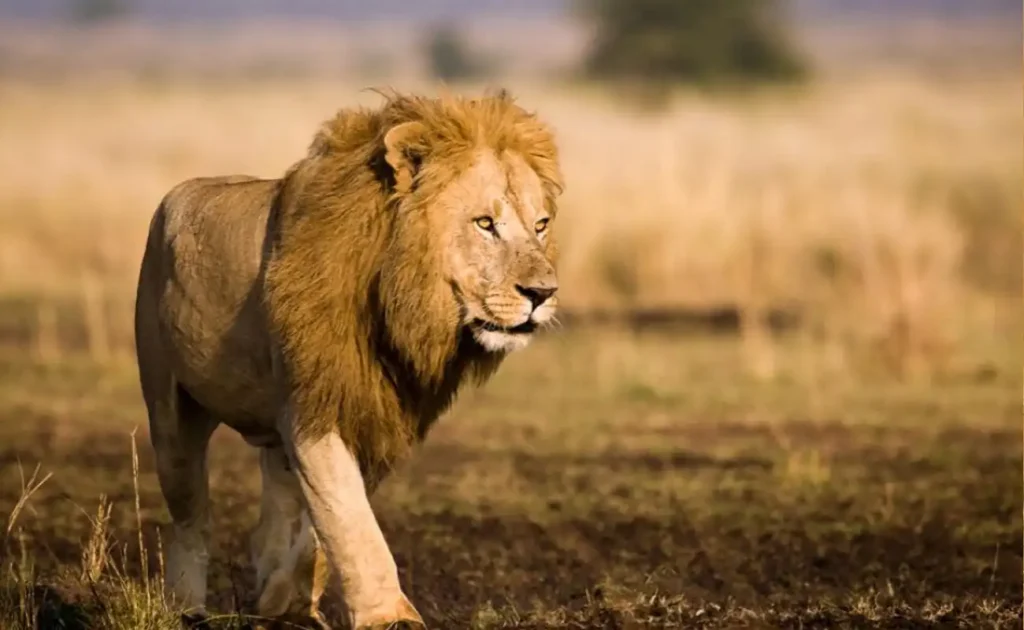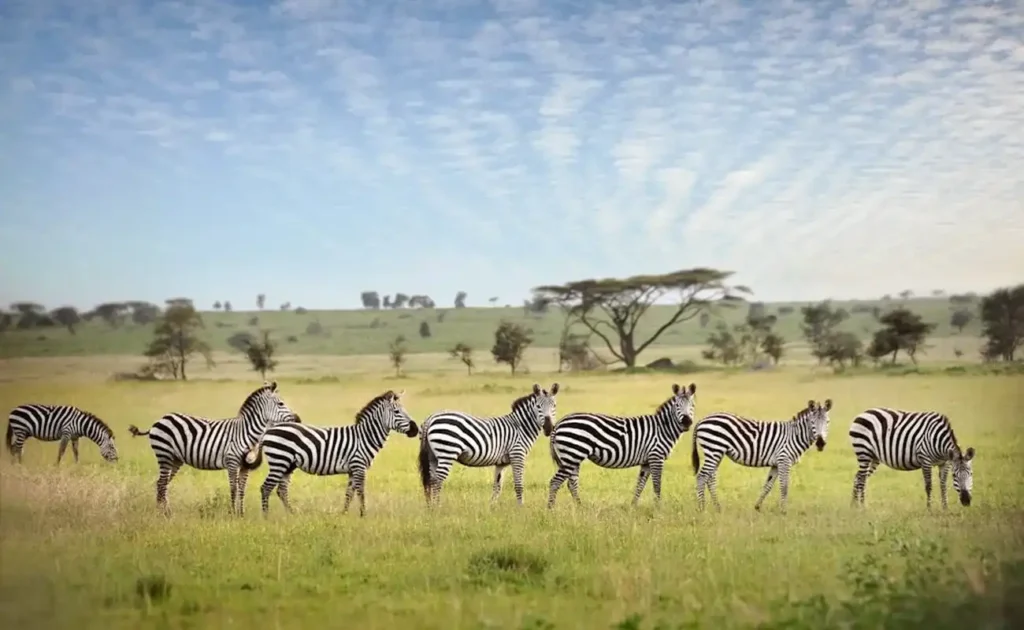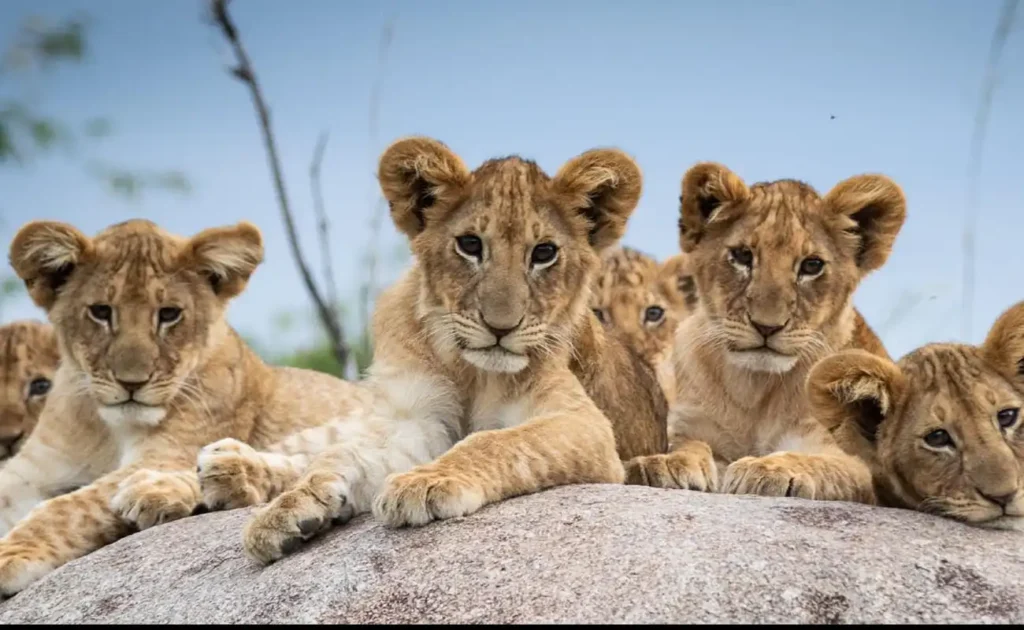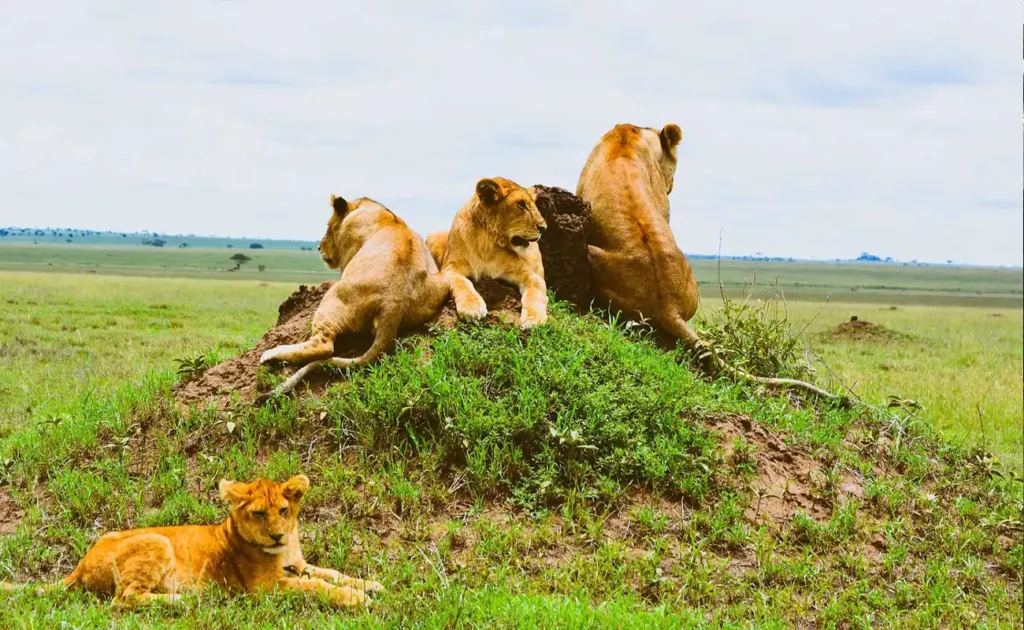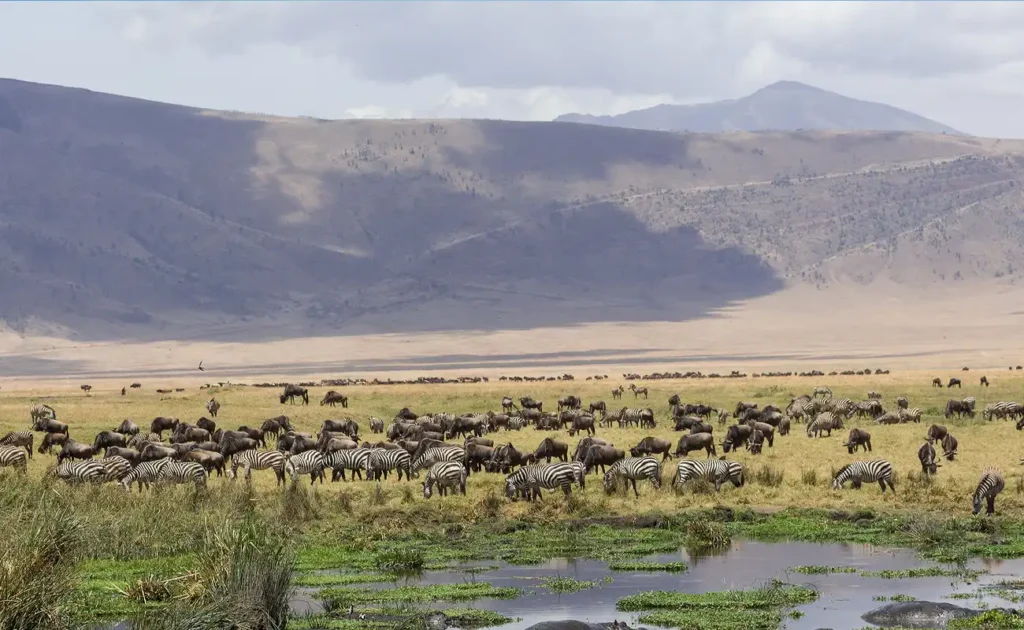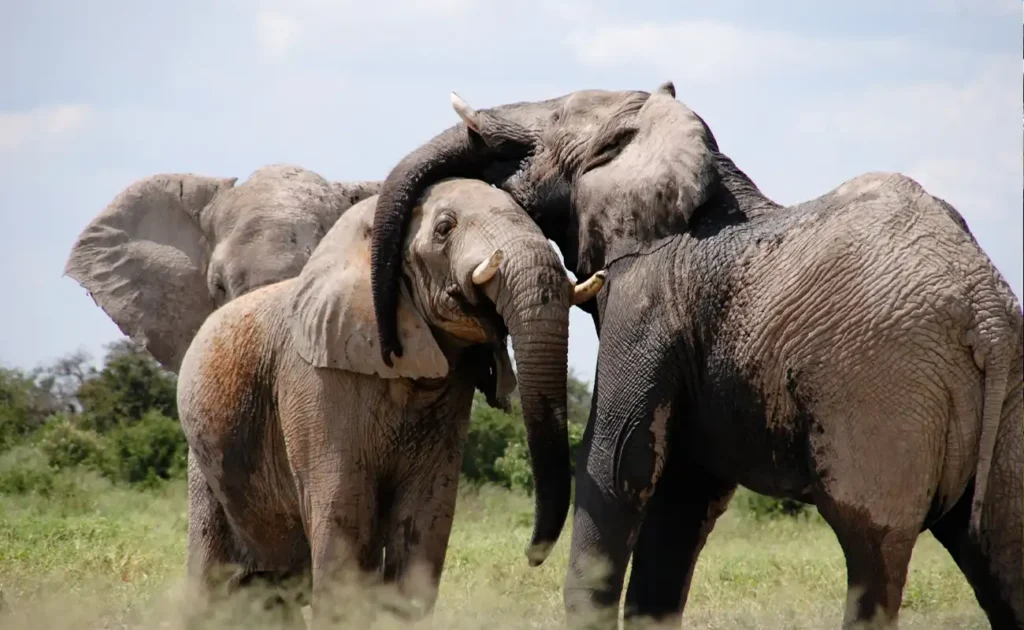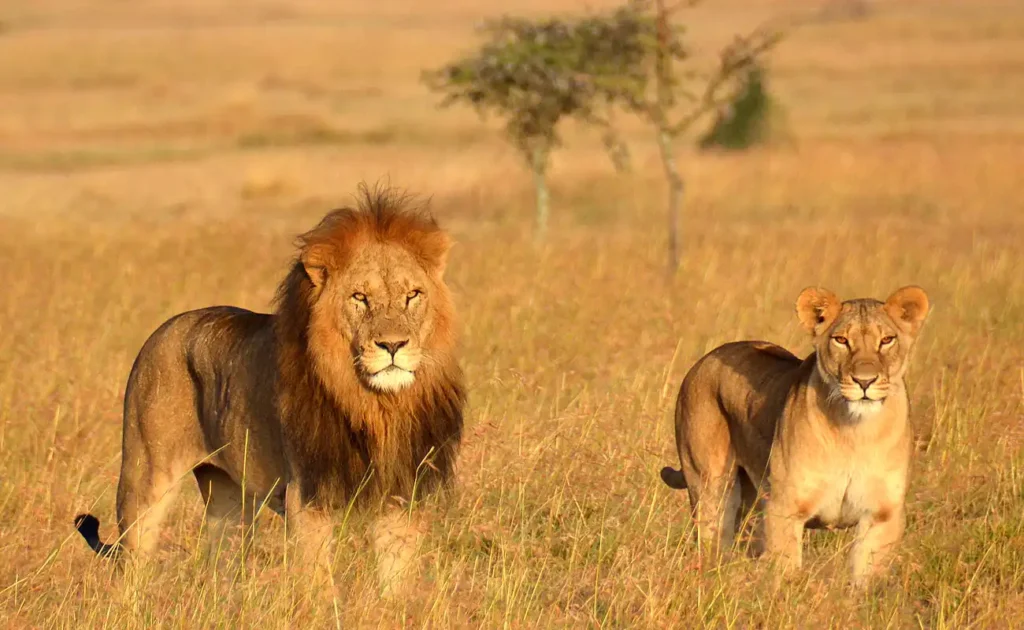Planning your first safari in Tanzania? Get ready for breathtaking landscapes, incredible wildlife encounters, and an unforgettable adventure. But before you pack your bags, it’s worth knowing that there are a few common pitfalls that can turn your dream safari into a bumpy ride. From packing mishaps to timing blunders, here are eight mistakes that first-time safari-goers often make and, more importantly, how to avoid them!
1. Underestimating the Importance of Timing
You’ve probably heard of the Great Migration, one of the biggest attractions for safari-goers. But did you know that timing is everything? Many travelers make the mistake of booking their trip without considering the best season for what they want to see.
What to Do Instead:
- Dry season (June to October) is ideal for spotting wildlife near waterholes, especially in the Serengeti. It’s also when you can catch the iconic river crossings during the Great Migration.
- Wet season (November to May) is great for bird watching and lush, green landscapes, but the wildlife might be more scattered.
Before you book, make sure to match your travel dates with the experience you want.
2. Packing the Wrong Clothes
The weather in Tanzania can swing from hot days to surprisingly cool nights. First-time safari-goers often pack either too much or too little—or the wrong type of clothing entirely.
Common Mistakes:
- Packing bright colors (which can scare off wildlife).
- Forgetting layers for cold mornings or evenings.
- Skipping sunscreen and a wide-brimmed hat.
What to Do Instead:
Pack light, neutral-colored clothes, like beige, khaki, or green, to blend in with the environment. Also, don’t forget a fleece jacket or sweater for those chilly dawn drives, and sturdy, comfortable shoes.
3. Not Choosing the Right Safari Operator
Not all safari experiences are created equal, and one of the biggest mistakes people make is not doing their homework when choosing a safari operator. Some travelers go for the cheapest option, only to find that they end up with an unreliable guide or subpar accommodations.
What to Do Instead:
Look for well-reviewed, licensed operators who offer knowledgeable guides and small group tours. Ask about their environmental and wildlife conservation practices too—responsible tourism is key!
4. Ignoring Health Precautions
Safaris take you into remote areas, where medical facilities are limited. First-timers sometimes overlook necessary vaccinations, or they forget to pack important medications, which can make for a dangerous situation.
What to Do Instead:
Consult with a travel clinic well before your trip to make sure you’re up-to-date on vaccines like yellow fever, typhoid, and hepatitis. Don’t forget anti-malaria medication and pack a solid first-aid kit that includes insect repellent and sunscreen.
5. Trying to Squeeze in Too Much
Many travelers underestimate the sheer size of Tanzania, or they want to pack in multiple parks and experiences in too short a time. This leads to rushed trips, long drives, and less time to actually enjoy the safari.
What to Do Instead:
Plan your itinerary wisely! If it’s your first time, focus on 2–3 parks like the Serengeti, Ngorongoro Crater, and Tarangire National Park. You’ll get a variety of experiences without spending most of your trip on the road.
6. Forgetting About Tipping
Tipping on safari might not be as common in your home country, but in Tanzania, it’s expected and appreciated. Many first-time safari-goers forget this, which can create some awkward moments at the end of the trip.
What to Do Instead:
Be prepared to tip your guide and other staff. On average, you should plan to tip your safari guide around $10-$20 per day, and $5-$10 for camp staff. Make sure to have some cash on hand, as credit card payments might not be available in remote areas.
7. Not Bringing the Right Camera Gear
Many travelers think their smartphones will be enough for capturing the magic of a Tanzanian safari. While phone cameras are good for some shots, they often lack the zoom needed to capture wildlife from a distance.
What to Do Instead:
Bring a decent DSLR or mirrorless camera with a telephoto lens (200mm or more) to get those up-close wildlife shots. Don’t forget extra memory cards, batteries, and a dust cover—safari drives can get dusty!
8. Having Unrealistic Wildlife Expectations
Let’s be real for a second: watching nature documentaries or scrolling through Instagram can set some pretty high expectations for what you’ll see. But safari isn’t a zoo. Animals roam free, and there’s no guarantee you’ll spot every creature on your list—especially if you’re too impatient.
What to Do Instead:
Enjoy the experience for what it is. Safaris are as much about soaking in the landscape and learning from your guide as they are about seeing lions or elephants. Patience is key—sometimes the best sightings happen when you least expect them!
Final Thoughts
A Tanzania safari is an amazing adventure, but it does require a bit of planning and preparation. By avoiding these eight common mistakes, you’ll be in for a smoother, more enjoyable experience. Remember: plan ahead, pack smart, and keep your expectations realistic. Most importantly, embrace the journey—you’re about to experience one of the world’s greatest natural wonders!
Got more questions about safaris in Tanzania? Feel free to ask, and don’t forget to share your own safari tips and experiences!
FAQs
1. What is the best time to visit Tanzania for a safari?
The best time for a safari in Tanzania is during the dry season, from June to October, when wildlife is easier to spot.
2. How long should I plan for a safari in Tanzania?
A 5–7 day safari is ideal for first-timers, giving you enough time to explore 2–3 parks without feeling rushed.
3. What vaccinations are required for a Tanzania safari?
You’ll need vaccinations for yellow fever, typhoid, and hepatitis, among others. Check with a travel clinic for the full list based on your health profile.
4. Can I do a safari on a budget?
Yes, there are budget-friendly options for safaris, but keep in mind that going for the cheapest option might affect the quality of your experience. It’s worth investing in a reputable operator.
5. Is Tanzania safe for tourists?
Tanzania is generally safe for tourists, especially in the well-established safari areas. However, like anywhere, it’s important to stay aware of your surroundings and follow your guide’s advice.

